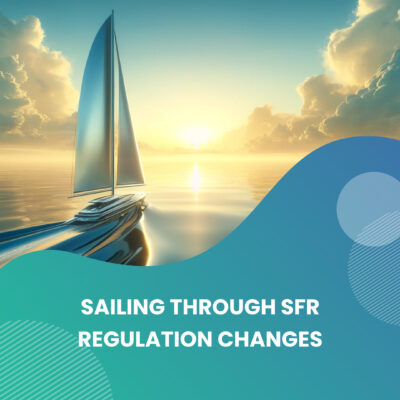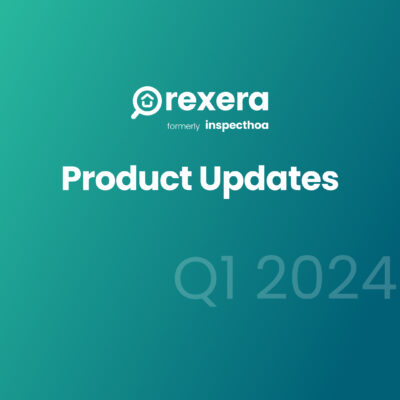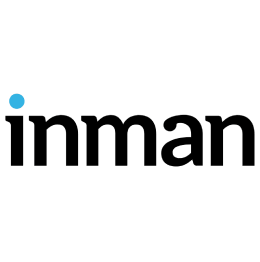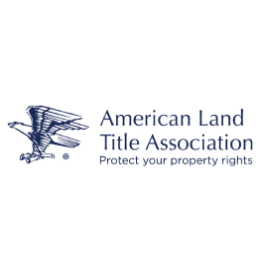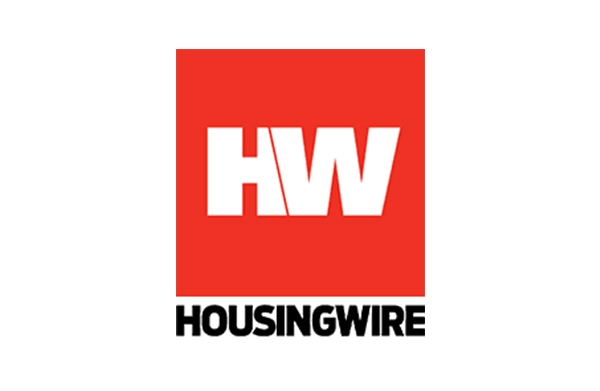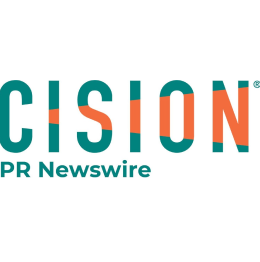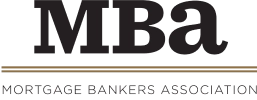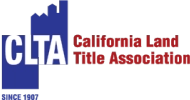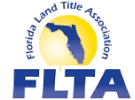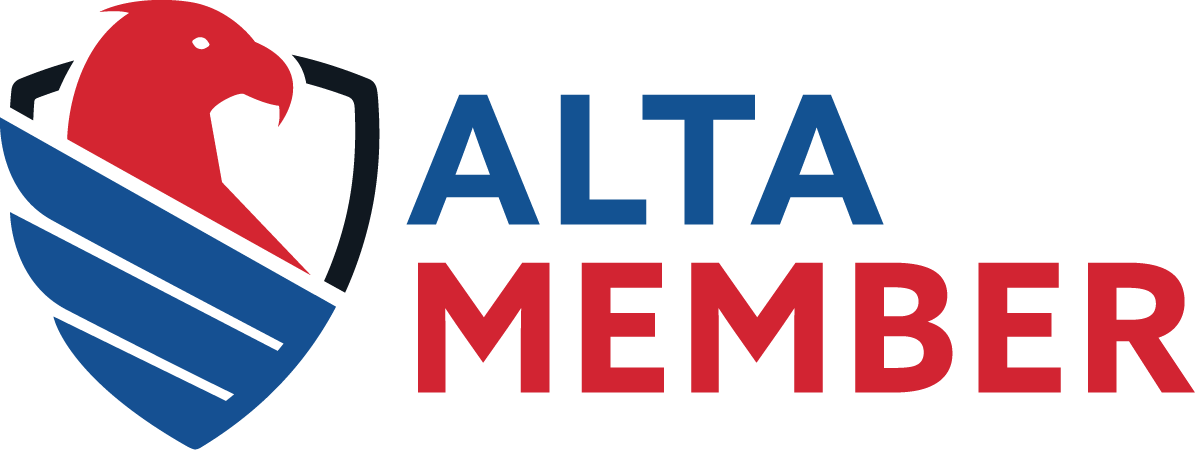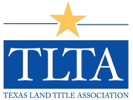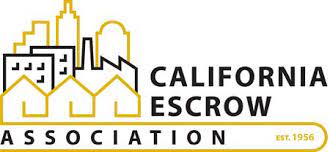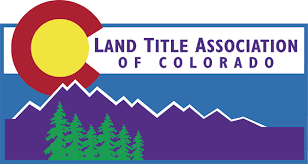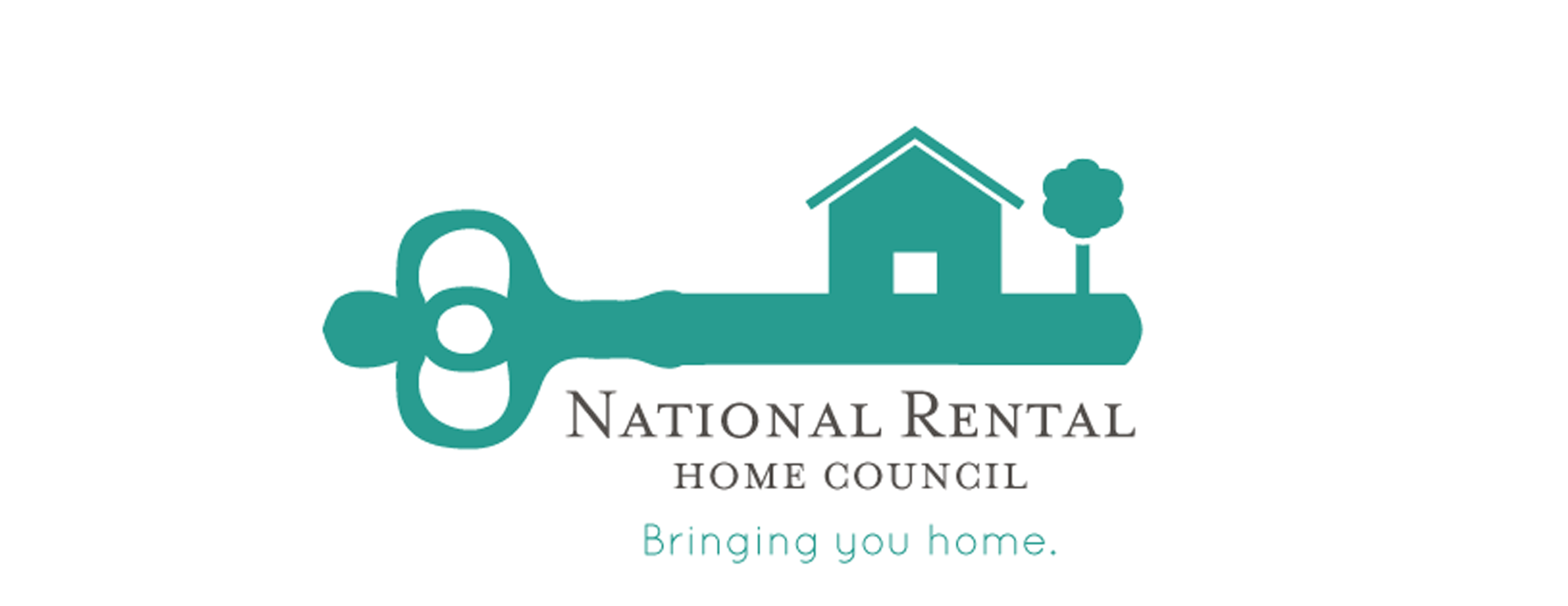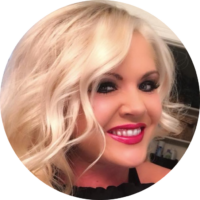HOA Reserves: How Much Does Your Association Need to Set Aside

Much like running a traditional corporate business, operationally, the functions of a homeowners association tend to overlap in many ways. For example, there is a board of directors, a set of underlying rules or principles governing the organization (i.e., bylaws and CC&Rs), and the unit owners who, in some capacities, are the shareholders.
Businesses need to keep track of their cash in-flows and out-flows. Hence, a homeowners association needs to maintain a general budget(known as HOA reserves) for the organization and community.
Budgeting what the association collects for assessments (or its revenue) versus what it plans to spend on maintenance, amenities, and other capital projects (it’s expenditures) is essential so that the community always has a pool of funds to draw on as a way to maintain an expected quality of life.
For many associations, part of the organization’s job creating and executing a formal budget is to maintain reserve accounts.
Not all HOAs carry a reserve account. Some associations elect not to maintain reserves because they don’t know how to correctly forecast how much money needs to be allocated and held in reserves. We would not recommend this practice.
If you are unsure about just how much money your association should set aside in its reserve fund, here are some tips and acceptable practices for making those calculations.
What Are Reserves?
You may have heard the term “reserves” thrown around in multiple contexts, especially if you have applied for a new mortgage or even when purchasing a new condominium or townhome.
In this context, reserves refer to money set aside by a homeowner association as a safety net to cover emergency costs, repairs, or significant capital improvements.
Suppose you are looking to refinance or purchase a property that resides within a community association. In that case, lenders often want to review the association’s budget to ensure the entity is solvent and sufficient reserves.
Reserves vs. Special Assessments
It’s important not to confuse reserve funds with special assessments. Reserves are a savings pool or safety net for unforeseen or planned expenses. Similarly, they are often an ongoing portion of your monthly or annual dues.
Conversely, special assessments can be imposed in situations that require an immediate source of funds. For example, if there was damage to a building not covered by insurance and the reserve fund had an insufficient balance to cover the repair costs, the board could levy a special assessment on all owners to obtain funds needed for the repair.
In short, special assessments are usually one-time emergency levies imposed for specific purposes, whereas reserves are an ongoing savings pool that the board can tap into where necessary. Thus, proper planning can help prevent the need for special assessments.
Good Practices to Determine Reserve Levels
There is no universal number to answer the “how much should an HOA have in reserves?” question. The appropriate reserve level depends on many factors, including location, the age of the building, etc. But here is what you can do.
Reserve study
One of the best practices an association can implement to maintain a well-framed budget is by completing a reserve study. Many states require community associations to complete reserve studies periodically, including Virginia, California, and Nevada, to name a few.
A reserve study helps an association forecast future expenses and prepare for unforeseen events. Most studies start by reviewing your reserve fund’s current state and then expanding to create an action plan for routine upkeep and upcoming projects.
A reserve study usually includes a physical assessment as well as a financial analysis.
The physical assessment typically takes stock of what components your HOA currently is responsible for, from parking lots to tennis courts. The financial analysis then dives into your current capital savings, the useful life of existing assets or amenities, as well as projections for what the association may need to remedy or complete in the future.
General precedent
Another good practice is to follow the general precedent that aligns with the real estate and mortgage industries. Government-sponsored entities Fannie Mae and Freddie Mac both may require a review of your homeowner’s association budgets before deciding to buy your mortgage in either a purchase or refinance situation.
Fannie Mae and Freddie Mac both generally require that any subject homeowners association allocate at least 10% of the total dues collected for cash reserves. These funds are also further restricted to be used only for certain expenses, including repairs or maintenance, and to cover certain insurance premiums or deductibles.
There is similar ratio requirement for government-insured mortgages issued by the FHA and VA. These lenders may even require a formal review of a recent reserve study to determine if the amount of current reserves is sufficient to meet the association’s capital needs for capital repairs and replacements over the next two years at a minimum.
If you are having trouble figuring out how much to start allocating towards your reserve fund, upholding this 10% benchmark is a good start. If you want a more formal figure, consider calculating your reserve requirements based on age or your HOA’s operating budget.
If you need help understanding your reserves fund, InspectHOA can help provide market insight and compare your HOA and its reserves to thousands of properties nationwide. Compare reserve levels, contribution rates, and even expense data.
Calculating Reserves Relative to Components
There are a few different ways that you can approach calculating your HOA’s reserve requirement. One of the most commonly used techniques is by using the age or useful life method. It has also been widely referred to as the component method.
This method assumes that reserves should be calculated as a percentage relative to the deterioration or useful life of each current HOA asset. An analysis is completed for each component and then added together to form the final recommended contribution rate.
In general, budgeting 70% or more of a property’s calculated useful life is probably acceptable. However, it’s always a good idea to cross-reference that number with the National Reserve Study Standard.
Typically, HOA’s with older buildings will need more reserve funds. This is because older buildings often require more maintenance and depreciate faster.
This method’s key is to create all things equal by calculating each component uniformly, yet separately, before calculating the final total.
Calculating HOA Reserves Relative to the Cash Flows
An alternative technique compared to the component method for calculating reserve requirements is to set the reserve contribution rate relative to the association’s operating budget. This is sometimes referred to as the cash flow method.
Unlike the component method, the cash flow method uses a projection of the association’s future capital needs and sets a target benchmark. This target is often calculated by analyzing the starting reserve balance and the current annual expenses that have been established by the HOA.
A funding plan is then created to help meet that target, with contributions being more malleable and adjusted accordingly to hit that number.
This method cares less about any future capital expenditures’ specifics, but rather what the target funding objective is. In that sense, the cash flow method relies more on choice rather than fixed equations, according to the Community Associations Institute.
Accounting For Inflation in Your HOA Reserve Calculation
Other factors worth considering when completing your reserve calculation is the impact interest rates and inflation has on your money.
It’s not a hidden secret that the value of compound interest can add up over time. However, deposit rates have been historically low since the 2008 financial crisis and cannot keep pace with inflation.
Inflation has a mighty influence on your reserves because it can increase the cost of future repairs compared to what you would currently pay in the present.
Furthermore, undercutting inflation in your reserve calculation can lead to underfunding your reserve account, thus potentially having to rely on special assessments to make up for deficiencies in the budget.
It is always important to account for inflation when calculating your contribution rate to your reserve fund.



